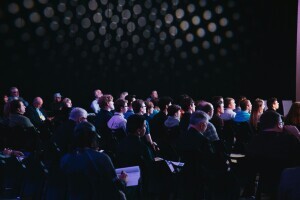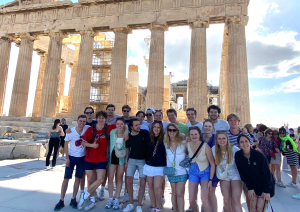Meet the 37th VESTING Board
13 january 2026
60+
500+
600+
14
On this one-day event, several speakers will come to tell about their experiences, applications or views on a theme. The day also consists of two case rounds in which several interesting companies will show students some applications in the field of econometrics, operations research or actuarial studies.

Before taking off, participants will attend various inhouse days in the Netherlands. During the trip, we will visit several companies with the aim to experience the business culture. The companies differ greatly in their specialities and will shed light on how econometric study skills can be applied abroad. Naturally, there will also be plenty of time to discover the amazing attractions our location has to offer.
